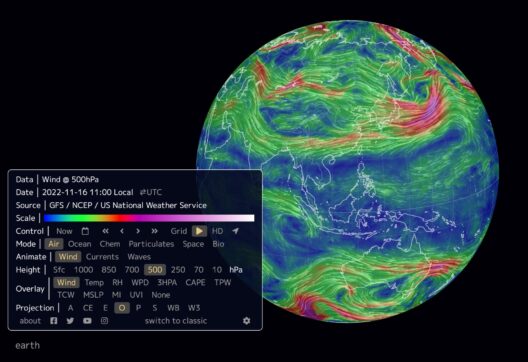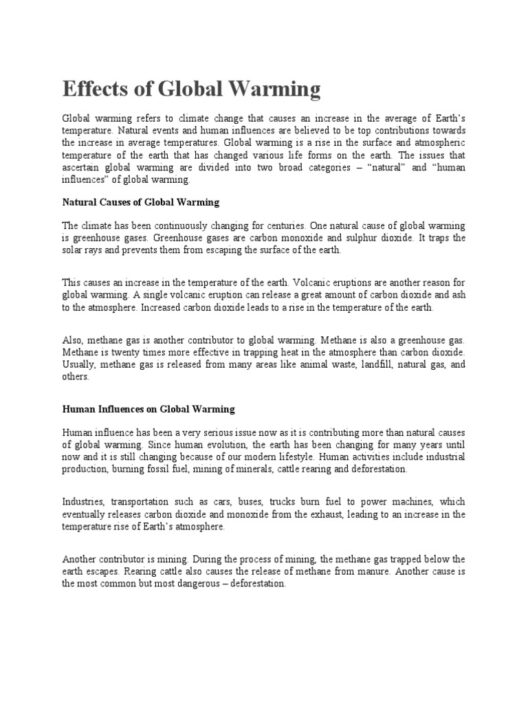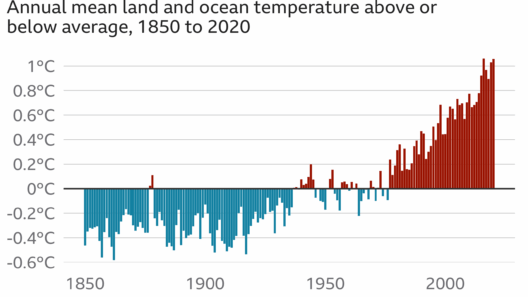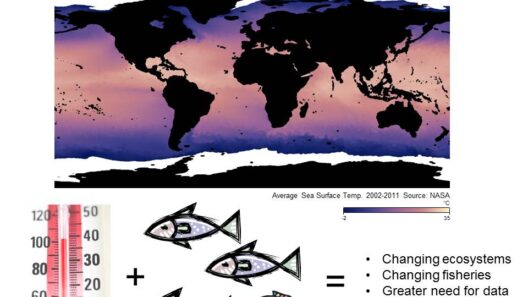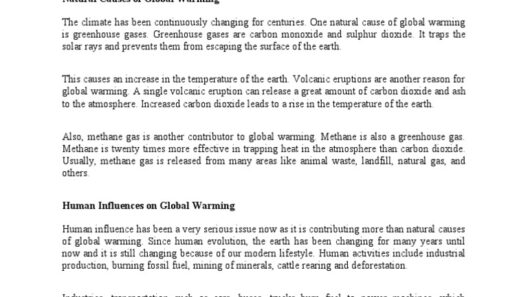In recent years, the discourse surrounding global warming has intensified, particularly when it is associated with politically charged rhetoric. One of the most provocative claims to emerge was the assertion that global warming is a “Chinese hoax.” This statement encapsulates broader themes of denialism, political manipulation, and the profound consequences of climate change on our planet. This article delves into the genesis, implications, and underlying truths surrounding this controversial assertion.
To understand the phrase “Chinese hoax,” one must first consider the political landscape that it inhabits. The 2016 presidential campaign in the United States was characterized by a myriad of contentious issues, with climate change becoming a polarizing topic. Certain political figures have weaponized climate science to galvanize specific voter bases. By framing climate change as a nefarious foreign plot, they sought to dismiss scientific consensus and undermine environmental policy initiatives.
Historically, the notion that climate change is a fabrication has roots that extend well beyond any solitary tweet or soundbite. The climate denial movement has gained traction since the late 20th century, fueled by various interest groups with significant economic incentives to oppose environmental regulations. This movement often capitalizes on misinformation and appeals to nationalism, suggesting that acknowledgment of climate science equates to weakness or susceptibility to foreign influence.
One cannot overlook the historical context in which climate science has developed. The overwhelming consensus among climate scientists—supported by rigorous peer-reviewed research—indicates that human activity, particularly the burning of fossil fuels, is a primary driver of global warming. Yet, the portrayal of this scientific understanding as a form of ideological warfare distracts from the critical realities we face. Acknowledgment of climate change does not constitute acceptance of external control; rather, it is an admission of responsibility for our environmental stewardship.
The assertion that global warming is a hoax crafted by a foreign nation misses the point of immediate action needed to combat climate change. The ramifications of a warming planet are demonstrably catastrophic—melting polar ice, rising sea levels, increasingly severe weather events, and loss of biodiversity are just a few alarming indicators. Ignoring these realities not only jeopardizes ecological health but also poses existential risks to human societies worldwide.
The discussion surrounding this accusation also underscores the repercussions on climate policy. Politicians who perpetuate the narrative of global warming as a hoax often advocate for the rollback of environmental protections. This can lead to a dangerous cycle: diminished regulatory frameworks give free rein to industries that contribute significantly to greenhouse gas emissions. Consequently, the environment bears the brunt of these short-sighted policies, further accelerating the climate crisis.
The manipulation of scientific terminology also warrants scrutiny. By referring to climate change as a “hoax,” the language diminishes the credibility of scientific inquiry. It implies that the extensive body of work produced by scientists globally is not trustworthy. In contrast, it is essential to recognize that climate science operates on a foundation of rigorous research and validation, with thousands of scientists dedicating their careers to studying complex environmental systems.
Furthermore, the framing of climate change as a foreign issue plays into a broader narrative of xenophobia. It can evoke feelings of distrust and hostility towards international cooperation, which is critical in addressing global environmental challenges. Climate change knows no borders; it is a transnational crisis that necessitates collaborative solutions. International agreements, such as the Paris Agreement, embody the acknowledgment that nations must come together to mitigate the adverse effects of climate change and foster a sustainable future.
However, the debate does not end at the rhetorical level. Educating the public about climate change and its real implications is vital. The pitfalls of misinformation should galvanize individuals to seek reliable sources. Understanding the science behind climate change is necessary for informed civic engagement. Furthermore, engaging youth in environmental advocacy can foster a well-informed generation prepared to challenge misconceptions and motivate the passage of effective climate legislation.
On a grassroots level, individuals can contribute to combating climate misinformation by advocating for transparency in environmental policies and demanding accountability from their leaders. Civic engagement can manifest in various forms, from local sustainability initiatives to large-scale mobilizations aimed at pressuring governments to uphold their commitments to climate action.
In conclusion, the assertion that global warming is a “Chinese hoax” is emblematic of a broader struggle over environmental truth and political power. This rhetoric distracts from the urgent need for collective action against climate change, undercutting both scientific credibility and international cooperation. As the climate crisis looms larger, society is at a crossroads. The path taken now will determine the ecological legacy left for future generations. The choice is clear: acknowledge the reality of climate change, foster dialogue rooted in science and advocacy, and commit to tangible actions that promote sustainability and environmental justice.



